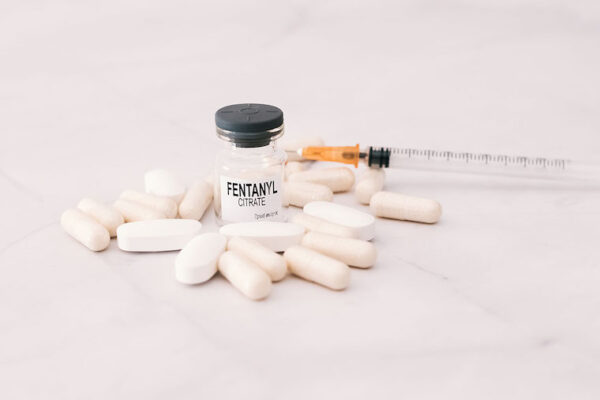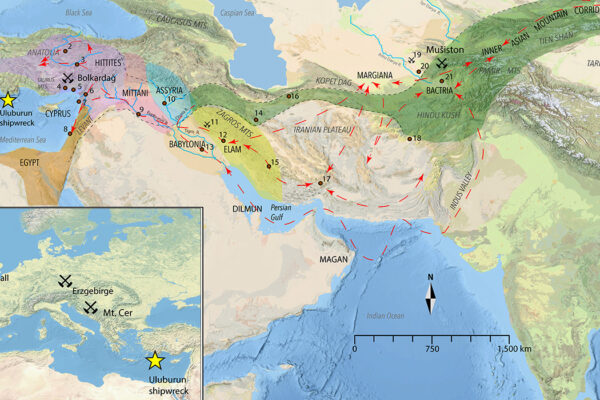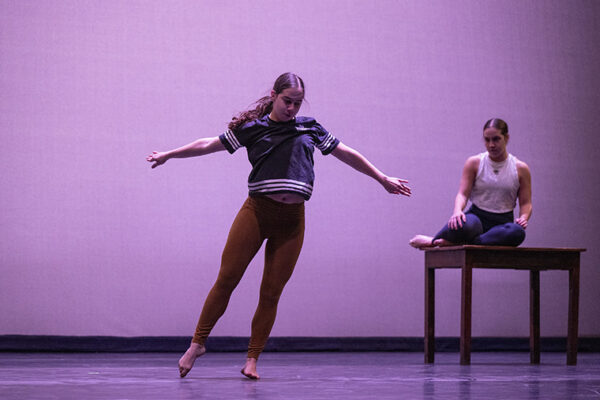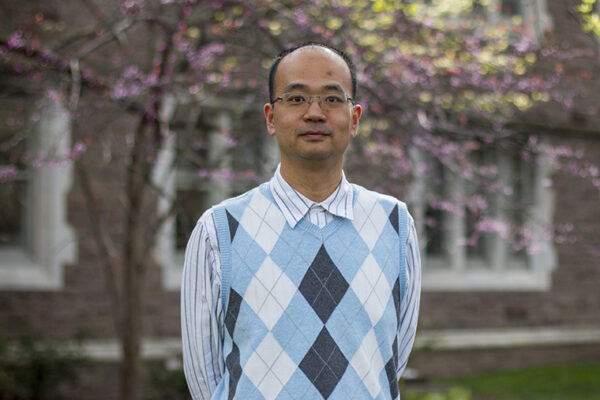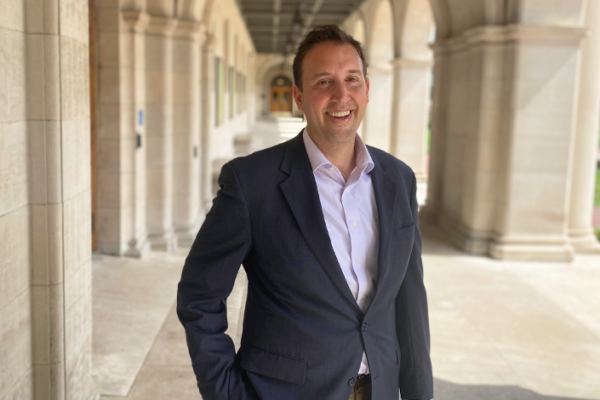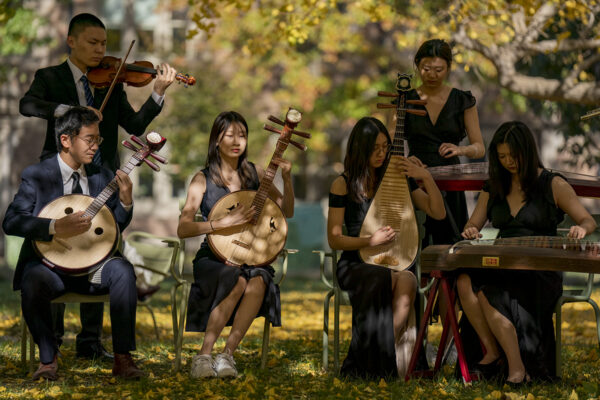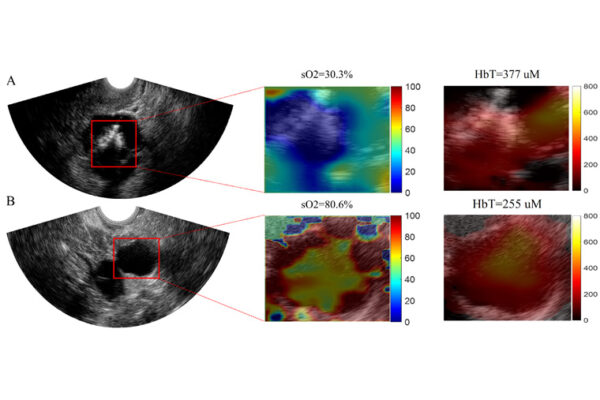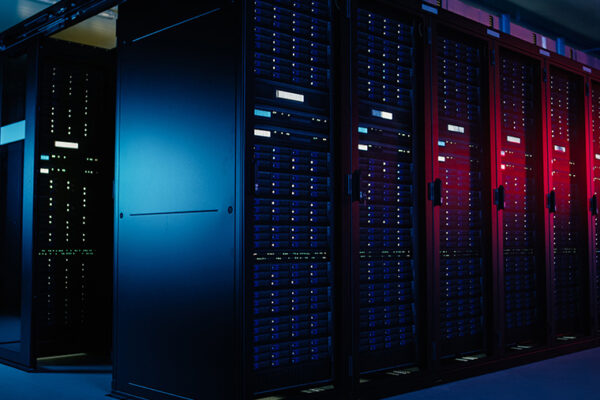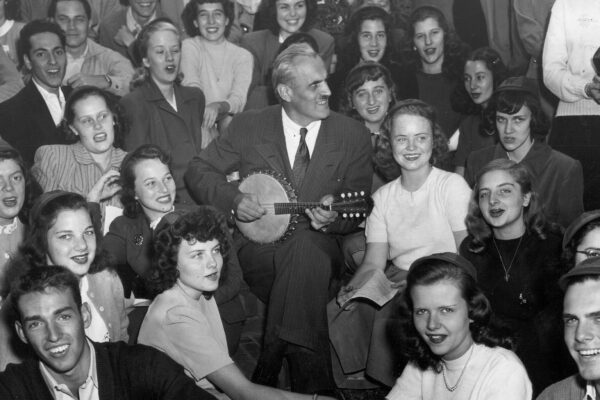WashU, pharmacy scientists alter fentanyl, aim to make it less lethal, less addictive
A research team that includes School of Medicine and pharmacy scientists has altered the chemical properties of fentanyl. The research holds promise for developing safer opioid drugs that still relieve pain.
Findings from 3,000-year-old Uluburun shipwreck reveal complex trade network
Using advanced geochemical analyses, a team of scientists, including Michael Frachetti, professor of archaeology in Arts & Sciences, have uncovered new answers to decades-old questions about trade of tin throughout Eurasia during the Late Bronze Age.
Embodying cognition
Elinor Harrison, a postdoctoral fellow in physical therapy and in dance, will present a new duet choreographed for twin dance majors Ali and Juli Yaniz as part of “This is Temporary,” the 2022 WashU Dance Theatre concert.
Tang elected American Mathematical Society fellow
Xiang Tang, a professor of mathematics and statistics in Arts & Sciences, was elected to the 2023 class of fellows of the American Mathematical Society. He is a leading expert in noncommutative geometry, index theory and Poisson geometry.
Jabbari to study social mobility, equity in programs
Jason Jabbari, of the university’s Social Policy Institute, received a $325,373 grant from the Smith Richardson Foundation to examine social mobility and equity in certificate and apprenticeship programs.
11.30.22
Images from on and around the Washington University campuses.
Birman receives American Chemical Society award
Vladimir Birman, an associate professor of chemistry in Arts & Sciences, won a $110,000 award from the American Chemical Society’s Petroleum Research Fund.
Machine learning model builds on imaging methods to better detect ovarian lesions
Research from Quing Zhu’s lab at the McKelvey School of Engineering yields a novel method to use ultrasound to enhance machine learning’s ability to accurately diagnose — or rule out — ovarian cancer.
Physicists awarded DOE supercomputing time for ‘high-impact’ projects
Alex Chen, Saori Pastore, Maria Piarulli and Yajie Yuan, all in Arts & Sciences, will pursue transformational advances in their fields using the Department of Energy’s leadership-class supercomputers.
‘Compton effect’
Arthur Holly Compton, WashU’s ninth chancellor, conducted X-ray scattering experiments in 1922 that demonstrated the particle nature of electromagnetic radiation. At the time, the idea that light had both wave and particle properties was not easily accepted. His discovery stimulated the development of quantum mechanics and was recognized with the Nobel Prize in 1927.
View More Stories
